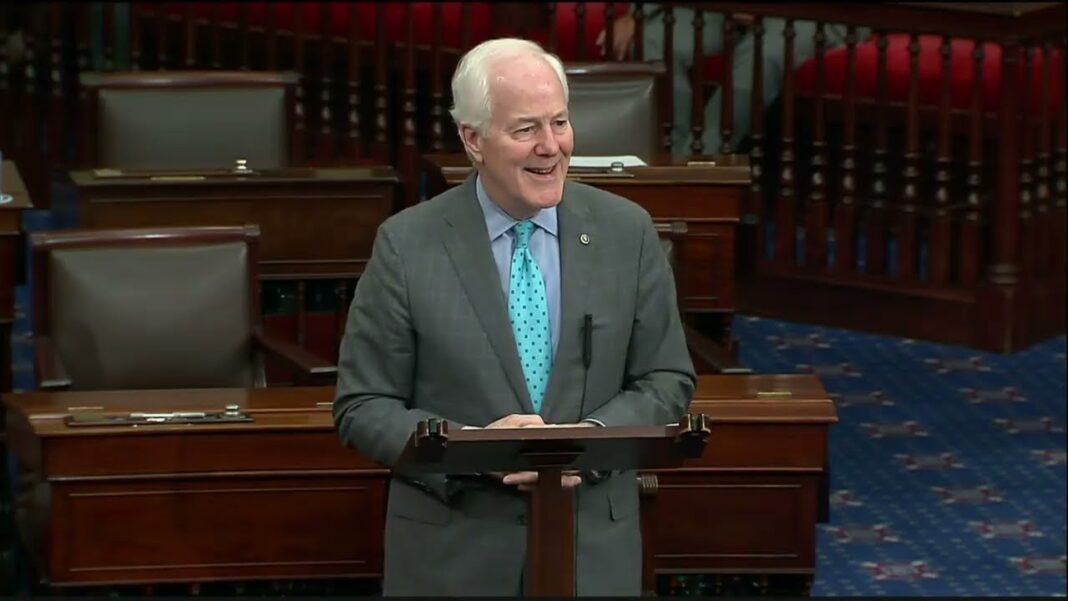
Over a million people in the United States are diagnosed with cancer every year. Despite cancer being one of the most common causes of fatalities in the world, there are a striking number of cancer survivors who successfully manage their conditions with a range of treatments and lifestyle changes. According to statistics, the rate of cancer survivors is on the rise, with an estimated 17 million as of January 2019, and a projected rise of up to 22 million by 2030. [1] This is great news for a condition that is often met with much pessimism.
Many health professionals are often surprised by the rapid remission rates in their patients, especially in those who recovered using natural healing treatments, rather than conventional ones like chemotherapy or radiation. Unfortunately, science doesn’t provide much credibility to alternative healing routes, and many patients are met with intense pressure and pushback by doctors who try their best to deter patients from trying alternative healing therapies. Recovered patients are told that their cancer healed due to spontaneous remission, negating the work and dedication involved in their healing journey and hailing alternative therapies as lacking any scientific research or credibility.
Cancer: A Profit-Driven Disease?
The medical industry is heavily funded by pharmaceutical companies. Revenues received from selling cancer drugs increased by up to 96 percent in the last 10 years, with an estimated profit of 103 billion dollars in 2019. [2] Each year, the FDA approves novel cancer drugs however these treatments come with a hefty price tag, drug manufacturers are able to charge patients upwards of 100,000 dollars per year with high co-pays resulting in most Americans being in severe medical debt. Oncologists are also permitted to profit from prescribing chemotherapy drugs to patients. Reports state that while doctors in other specialties write prescriptions, oncologists buy cancer drugs wholesale at discounted rates and then make a profit by selling them at marked-up prices. Insurance companies have also been found to be offering unfair incentives such as bonuses to get oncologists to prescribe more expensive treatments. [3]





